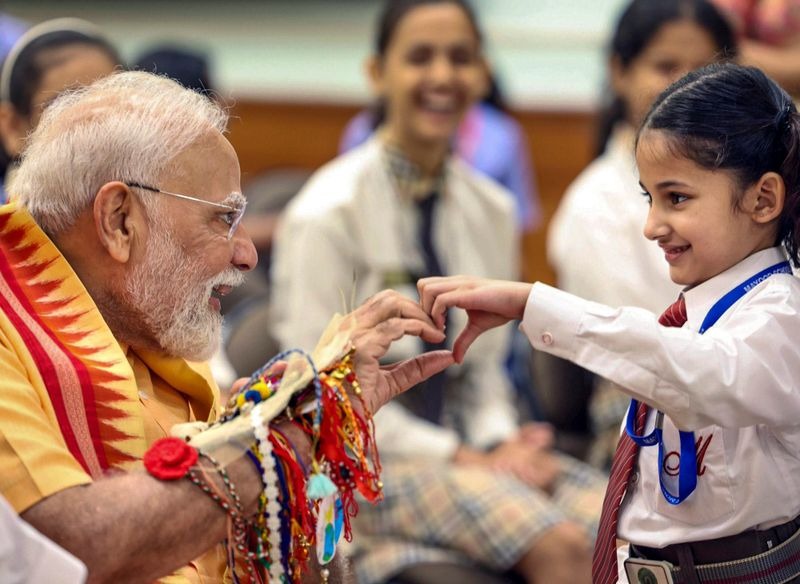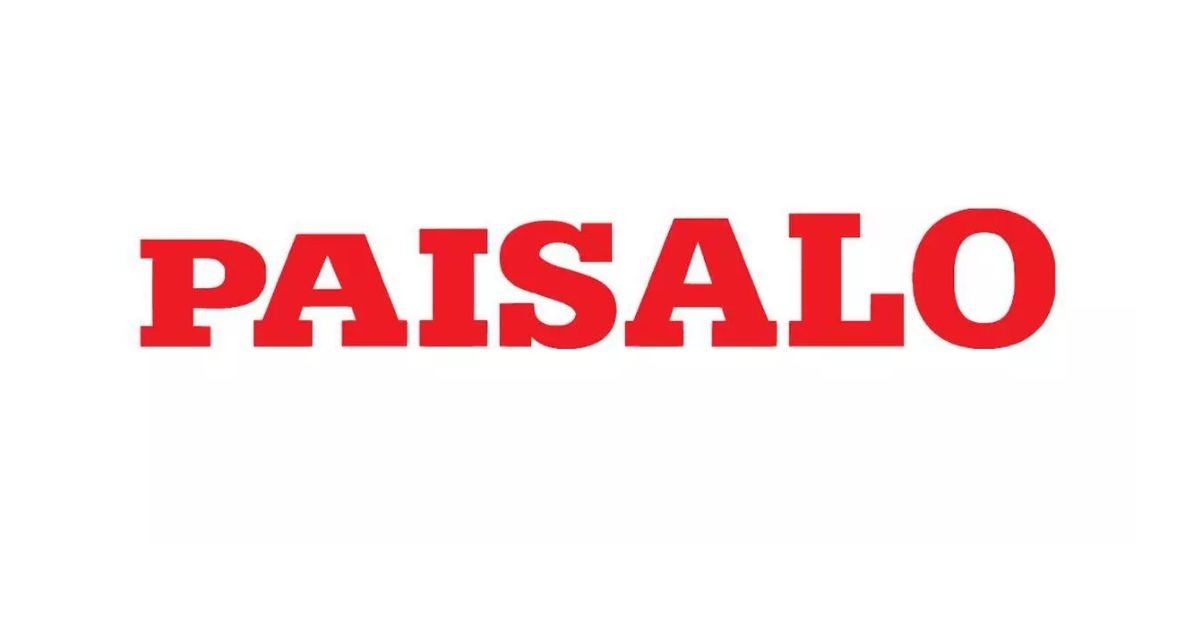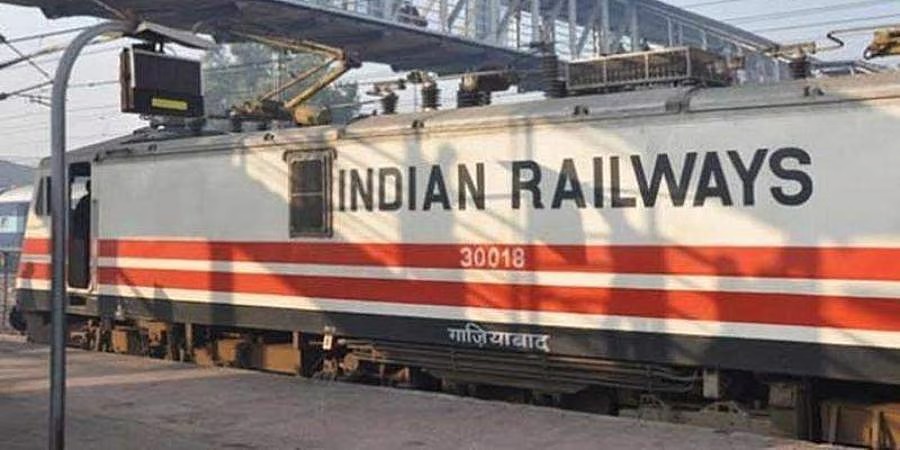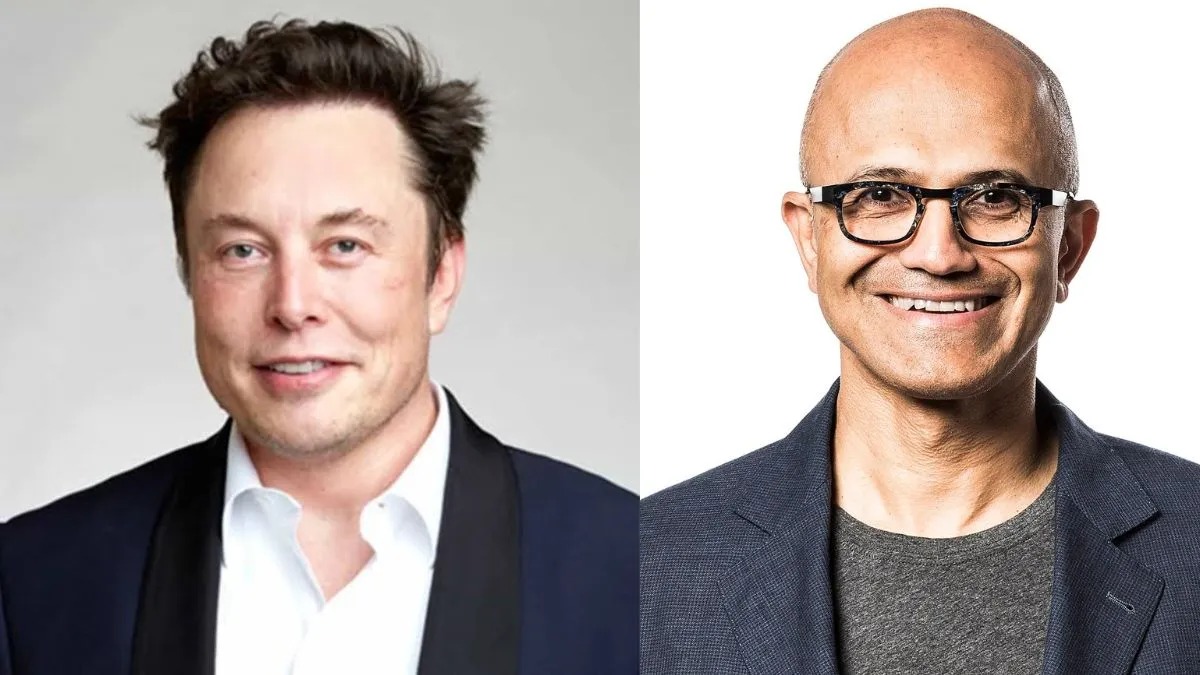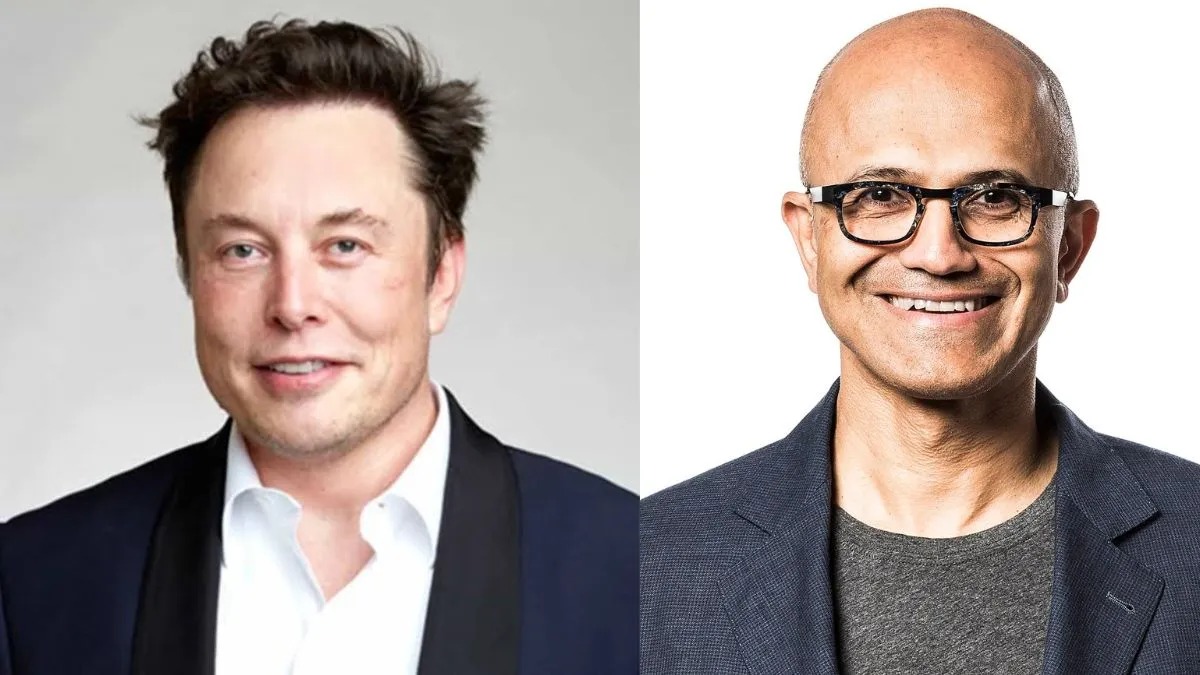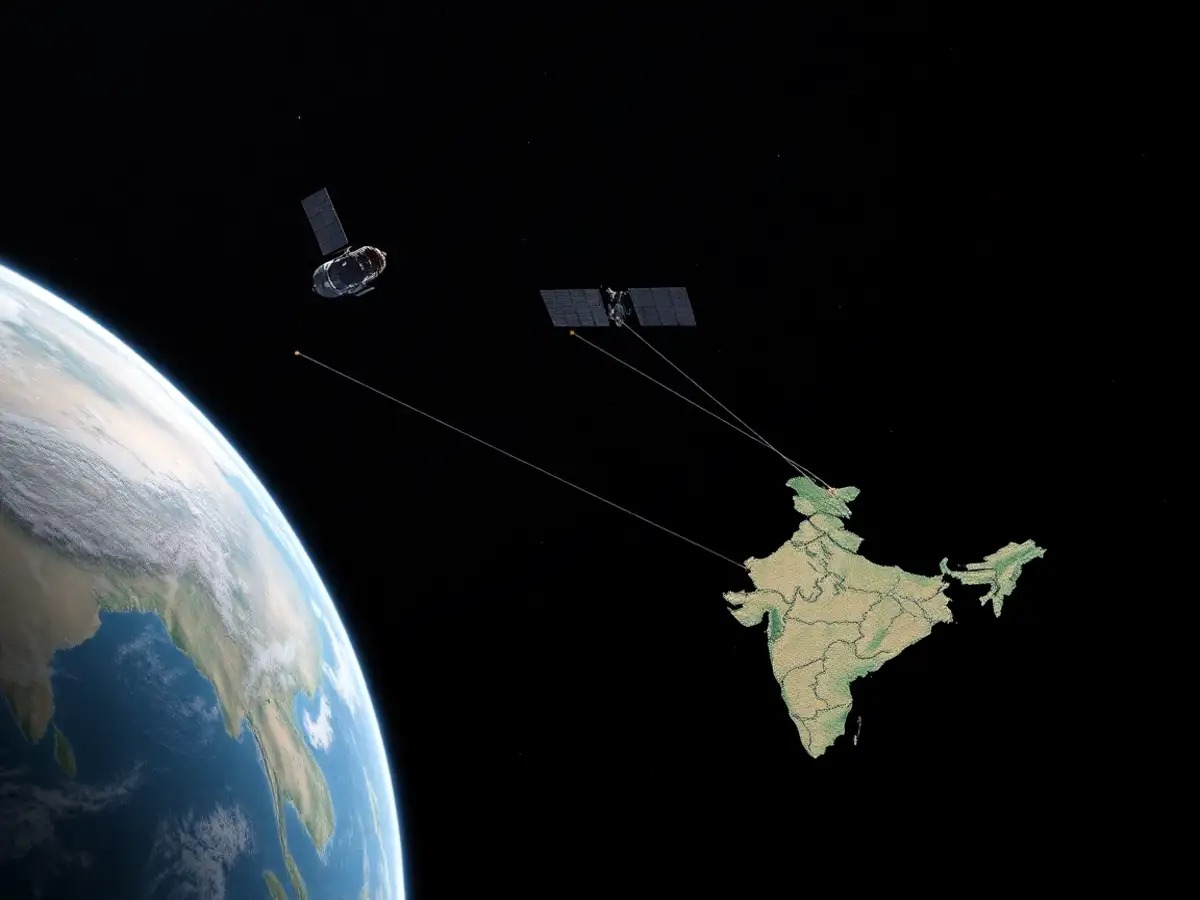
Follow WOWNEWS 24x7 on:
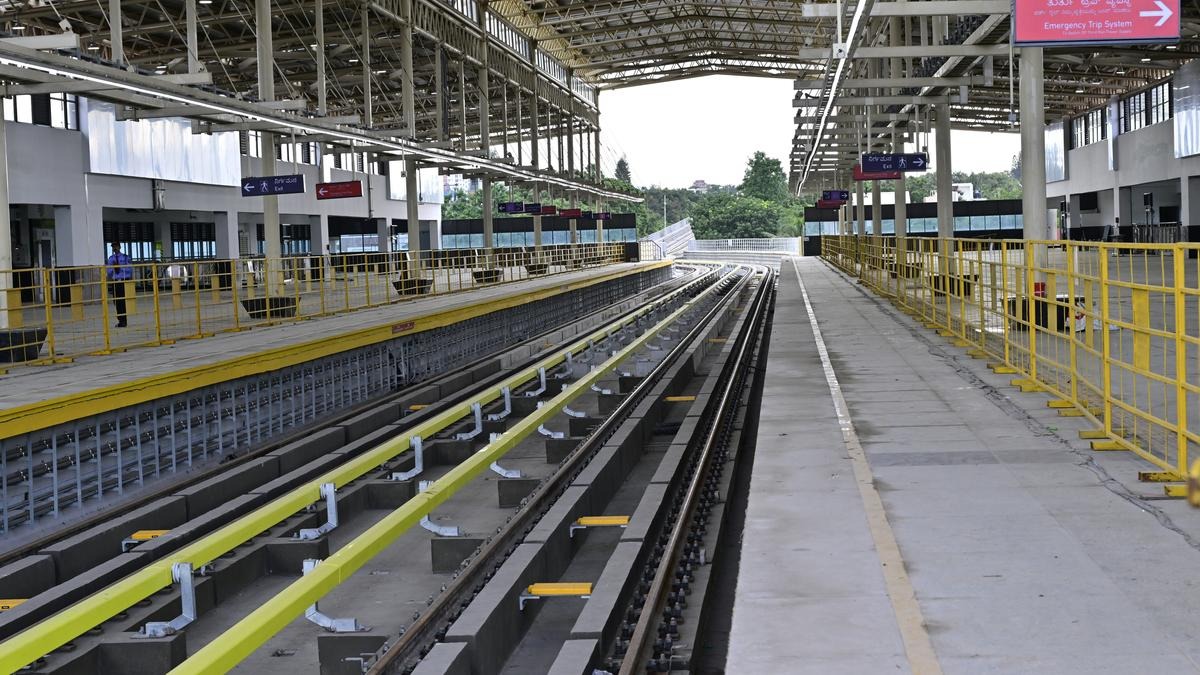
Bengaluru is set to witness a transformative moment in its urban mobility landscape as Prime Minister Narendra Modi visits the city on Sunday, August 10, 2025, to inaugurate two major infrastructure projects—the long-awaited Yellow Line of Namma Metro and the Vande Bharat Express train connecting Bengaluru to Belagavi. The visit, spanning just under four hours, will include multiple public events, metro rides, and ceremonial flag-offs, marking a significant leap in the city’s transportation network.
The Prime Minister’s itinerary includes inaugurating the 19.15-km Yellow Line metro corridor, laying the foundation stone for Phase 3 of the metro expansion, and flagging off three new Vande Bharat Express trains. These developments are expected to ease traffic congestion, improve intercity connectivity, and boost economic activity in key tech and industrial zones.
Key Highlights From The Prime Minister’s Visit
- Arrival at HAL Airport, Bengaluru at 10:30 am
- Flag-off of three Vande Bharat Express trains from KSR Bengaluru City Railway Station:
– Bengaluru to Belagavi
– Amritsar to Sri Mata Vaishno Devi Katra
– Ajni (Nagpur) to Pune
- Inauguration of the Yellow Line metro from RV Road (Ragigudda) to Bommasandra
- Metro ride from Ragigudda to Electronics City between 11:45 am and 12:50 pm
- Foundation stone laying for Namma Metro Phase 3 at IIIT Bengaluru
- Departure from HAL Airport at 2:45 pm
Yellow Line Metro: A Long-Awaited Leap
The 19.15-km Yellow Line connects RV Road to Bommasandra, passing through key hubs like Silk Board Junction and Electronics City. With 16 stations and a construction cost of Rs 5,056.99 crore, the line is expected to:
- Significantly reduce traffic congestion on Hosur Road and surrounding corridors
- Improve access to major tech campuses including Infosys, Biocon, and TCS
- Expand Bengaluru’s metro network to 96 km
- Enable faster, cleaner, and more reliable urban transit
The project, originally proposed in 2011, faced multiple delays due to land acquisition issues, supply chain disruptions, and geopolitical tensions. The final push came through coordinated efforts between central and state authorities, with domestic manufacturing stepping in to resolve rolling stock challenges.
Vande Bharat Express: Speed Meets Connectivity
The launch of three new Vande Bharat Express trains marks another milestone in India’s high-speed rail ambitions. The Bengaluru-Belagavi route will enhance connectivity between Karnataka’s capital and its northern districts, while the other two routes will strengthen links across Maharashtra and Punjab.
These semi-high-speed trains are known for:
- Reduced travel time and improved passenger comfort
- Modern amenities including onboard Wi-Fi, GPS-based tracking, and bio-vacuum toilets
- Enhanced safety features and energy-efficient design
Metro Phase 3: The Next Frontier
Prime Minister Modi will also lay the foundation stone for Phase 3 of the Bengaluru Metro, a 44.65-km expansion project estimated to cost Rs 15,611 crore. This phase, also referred to as the Orange Line, will further integrate the city’s transit system and cater to emerging residential and commercial zones.
Traffic And Mobility Advisory
Due to the high-profile visit and expected public turnout, Bengaluru Traffic Police has announced restrictions from 8:30 am to 2:30 pm on several key routes:
- Marenahalli Main Road
- Silk Board to Hosur via Electronics City Elevated Expressway
- Infosys Avenue, Velankani Road, and HP Avenue Road in Electronics City Phase 1
Commuters are advised to use alternate routes such as Sarakki Market Road, Jigani Road, and Dommasandra Road to avoid congestion.
Why This Visit Matters
- It signals the government’s commitment to urban infrastructure and regional connectivity
- It strengthens Bengaluru’s position as a tech and transit hub
- It showcases India’s growing capabilities in metro and rail development
- It reflects a collaborative model between central and state governments for public transport
Sources: MSN India, Deccan Herald, Indian Express, Telegraph India, OneIndia, PTI.
